These days buying eggs can be confusion. Far fresh, Cage free, Free range, Organic, what does it all mean? I got you covered – here’s what the Different Types of Eggs mean!
Farm Fresh Eggs
Doesn’t that sound appetizing? Eggs… fresh from the farm? Well, it would be if it was true, unfortunately, unless you are literally buying the eggs from a farm or a local super market that actually sells genuine eggs from a farm, the label “farm fresh” means nothing other than it is just eggs… picked from chickens in battery cages.
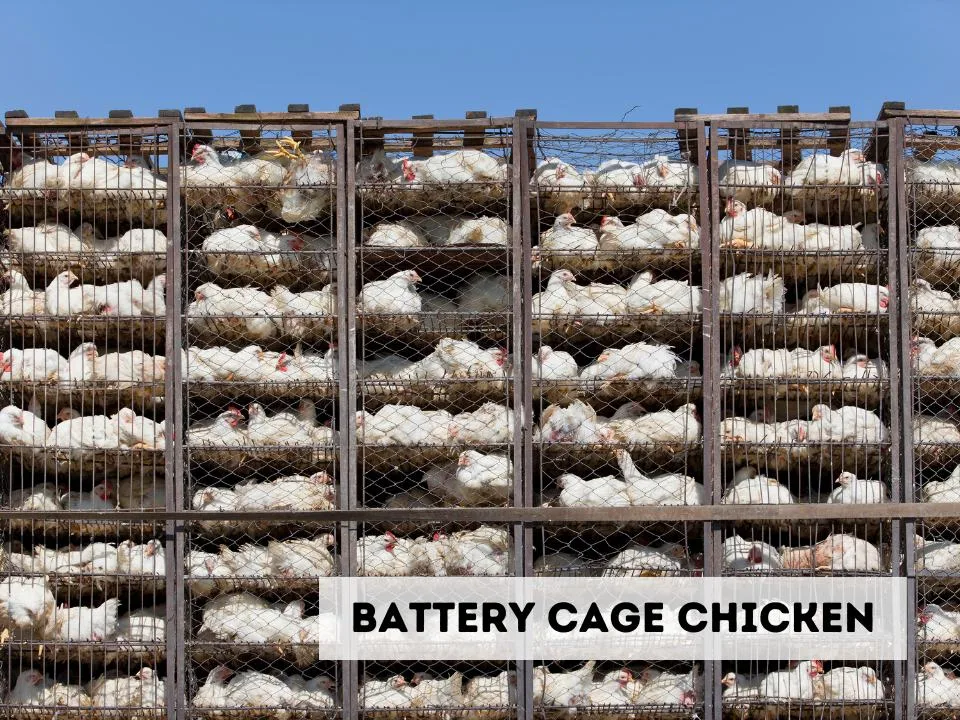
According to the Humane Society, “On average, each caged laying hen is afforded only 67 square inches of cage space—less space than a single sheet of letter-sized paper on which to live her entire life.” There’s a whole bunch of concerns about these chickens if you are in to animal welfare, but for me, to be totally honest, I just prefer my eggs to come from healthy chickens.
Cage Free Eggs
Now, that sounds better. Chickens that don’t spend their entire lives in battery cages! But, what does “cage free” really mean? Well, to start with, yes they are in a slightly better condition than “farm fresh eggs”. They literally are not confined in cages.
Before you get an imagery of a bunch of happy chickens taking a brisk walk outside in the sun and laying happy eggs whenever they please, realize that cage free only means cage free. Unless the packaging states that it is “free range” also, the eggs are most likely laid by chickens that don’t see the light of day as they spend their lives cramped up in hen houses, often in cramped conditions.
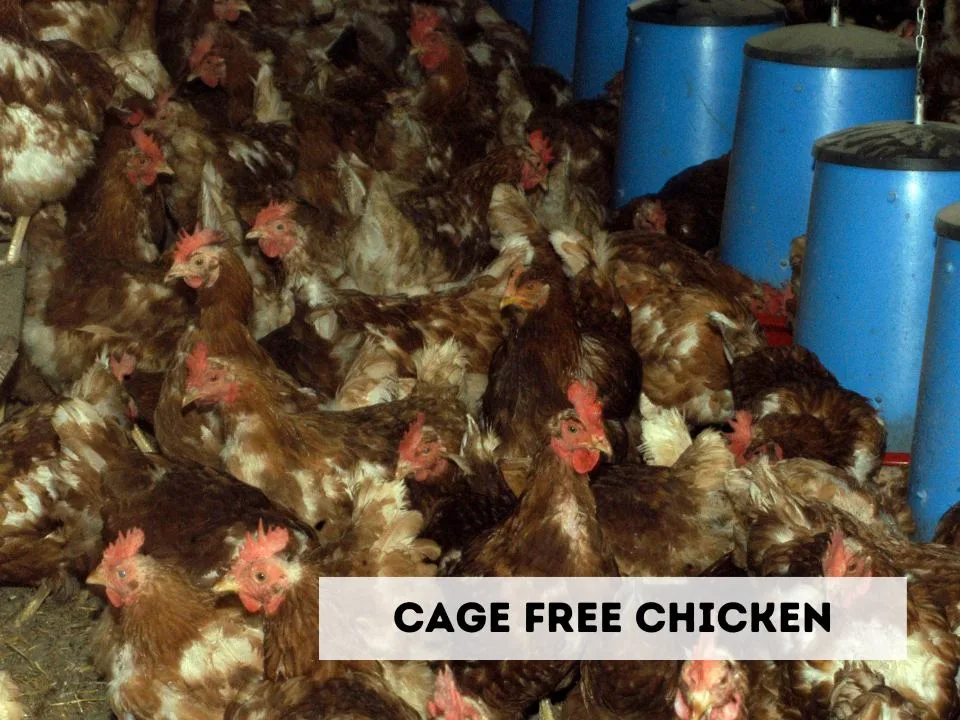
Free Range Eggs
I used to think that all “cage free” eggs are from chickens that are free to walk around in the wild, but actually that is what “Free Range” means… and in reality, “Free Range” means different things in different countries.
In the U.S., if the packaging says the eggs come from “free range” chickens, it means that the bird gets to spend part of its time outside. (This is what’s required by the U.S. Department of Agriculture.) Now, I’m not really sure how much this actually means, but it’s nice to think that the chickens get to see sun light at least from time to time instead of cramped up in a hen house all day.
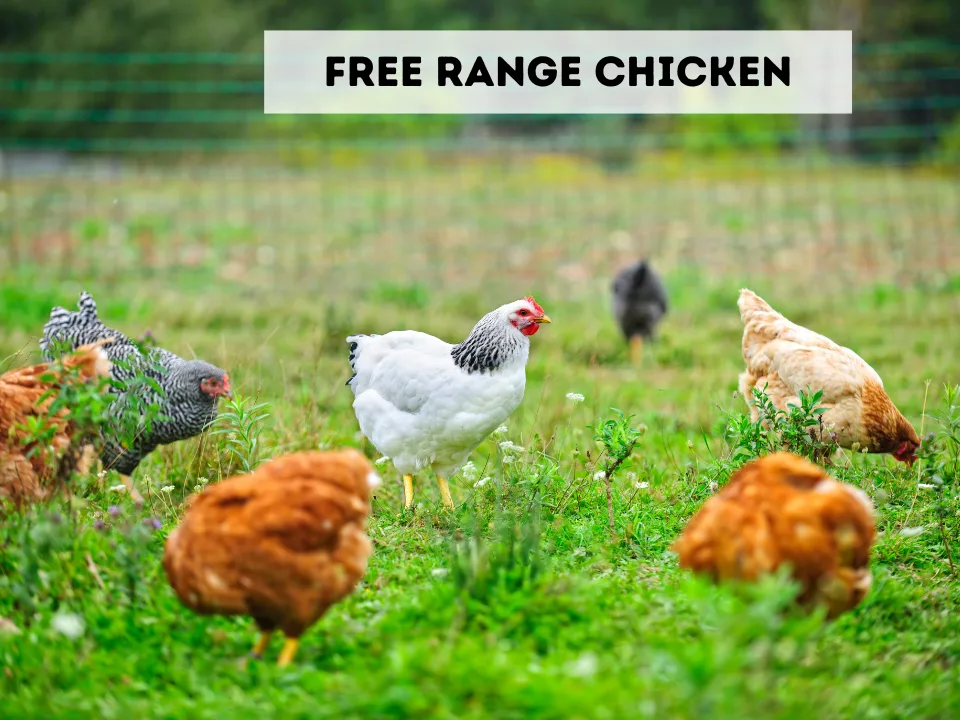
Organic Eggs
Now, we are getting to business. This is my favorite type of eggs, as all the other eggs I’ve listed actually has no restriction on what is fed to the chickens unless otherwise stated. If the packaging says “organic” in the U.S., it means that the chickens were fed an organic diet – no antibiotics (unless the chickens were sick), and the chickens must live in a cage free and free range environment. Isn’t that awesome? They don’t pump antibiotics in to these chickens unless they have to!
Another thing to consider is that with all the other chickens I’ve previously mentioned, forced molting (where egg producers starve the chickens for some time to force chicken’s natural replacement of old feathers by new ones) is allowed. However, with organic eggs, only natural molting can occur.
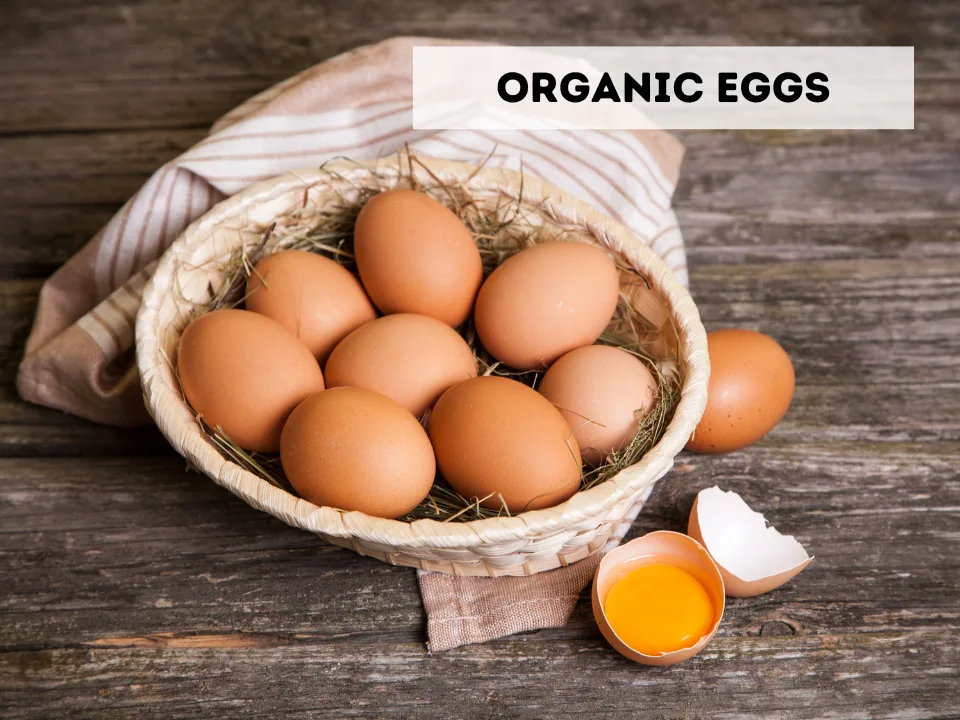
The Best Eggs?
Now that you’ve learned so many Different Types of Eggs. Which one do you enjoy?
Though the organic eggs are the best out of those listed above, they’re still not great as pastured eggs. Pastured eggs are from chickens that are raised in a pasture and have access to coops to sleep at night. Typically, these chickens get to spend most of their times outside and eat bugs like chickens are meant to. Unfortunately, pastured eggs are harder to find in your typical supermarket/grocery store, but if you have access to pastured eggs from local farmers, be sure to get on that!
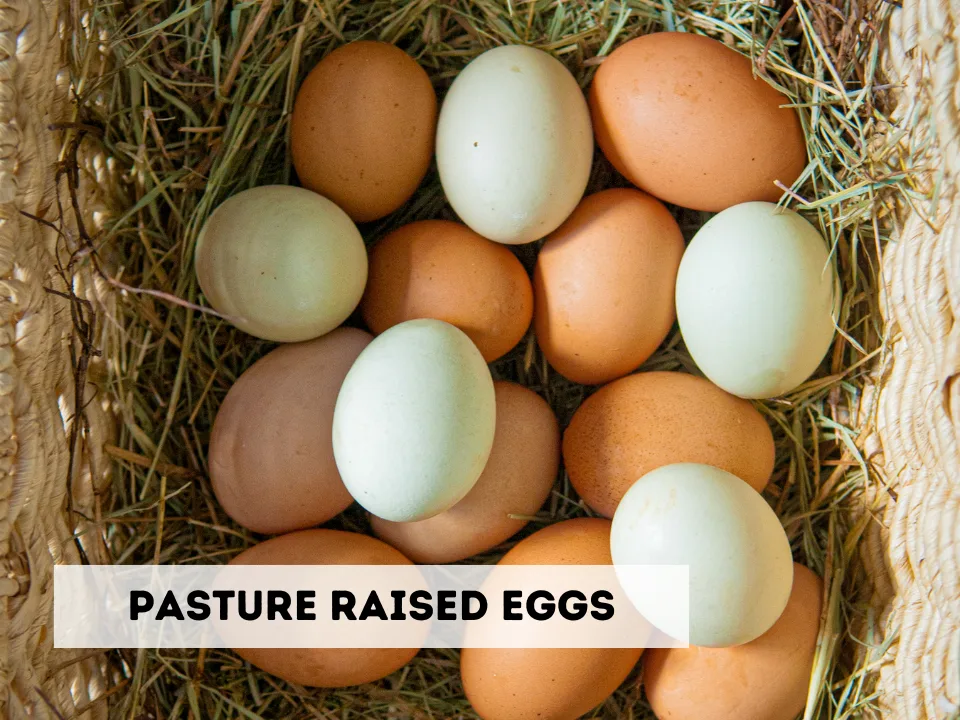
So that’s all I have to say about eggs. My personal favorite is organic eggs, but obviously every one has their own preference on animal welfare, idea on what is healthier, and preference on price!
Pin for later!
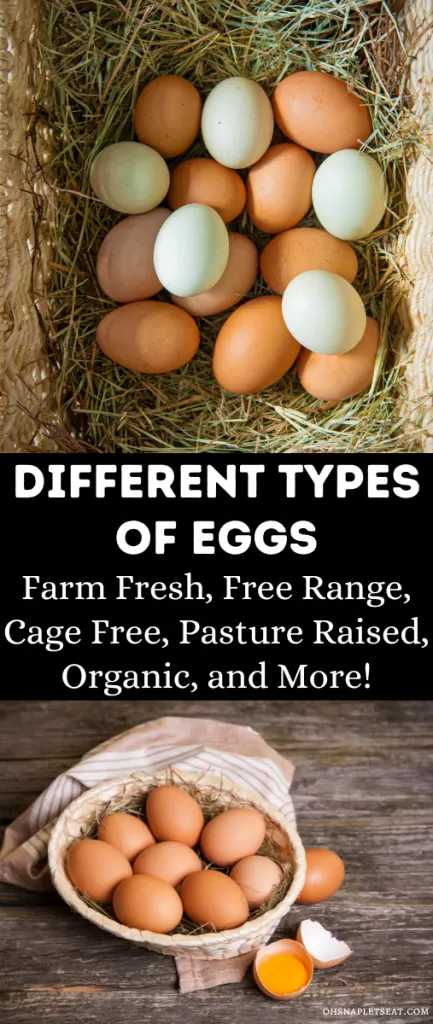
Now that you’ve learned about the Different Types of Eggs, check our my favorite classic chinese tomato and eggs stir fry recipe or tomato egg drop soup! Or if you’re looking for a simple breakfast – this baked eggs in ham cup!

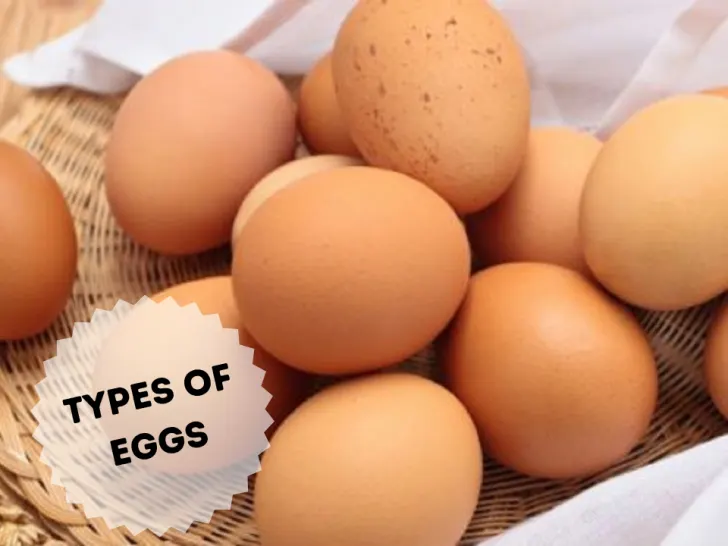
Egg Info – Health Zone
Monday 12th of March 2018
[…] https://ohsnapletseat.com/2013/04/01/different-types-of-eggs/ […]
What’s In MY Grocery Cart? | Lifter Laura
Monday 11th of May 2015
[…] (I prefer farm fresh eggs but I’ll take what I can […]
Food Labels and Lies
Thursday 9th of October 2014
[…] Surely the farmer wouldn’t spin me an untruth. I can count on him. Those overalls and straw hat scream fresh. Et tu, Old Mac? From ohsnapletseat.com: […]
Rick W
Thursday 24th of July 2014
Are eggs healthy for us? I heard the usda took them off the healthy list.
tsaitina
Thursday 24th of July 2014
Yep! Eggs actually have a lot of health benefits as it contain nutrients that may help lower the risk for heart disease, including protein, vitamins B12 and D, riboflavin, and folate. Here's a good article on why some people might be scared to eat eggs: http://www.huffingtonpost.com/john-berardi-phd/egss-and-health_b_3499583.html
Start a Successful Egg Business that Makes You Money | amy elizabeth's Country Homestead
Wednesday 23rd of July 2014
[…] What’s the difference between these eggs? […]